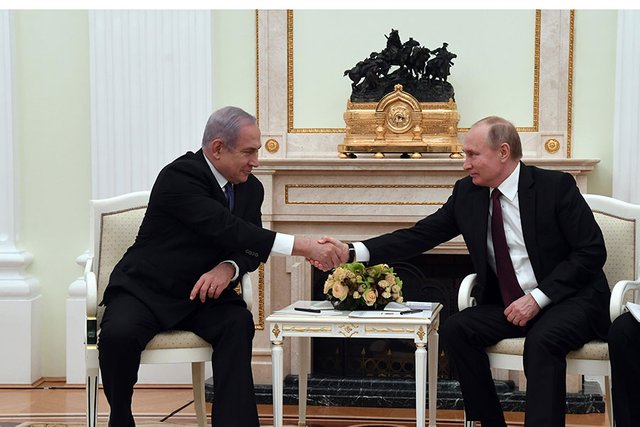The Israeli Election Committee ruled yesterday to criminalize anonymous campaigns even if they are posted on social media sites (GEC 8/21 Shachar Ben Meir v. The Likud Party, Hebrew link). This ruling is precedential in a few aspects, and the material one is that it changes the almost twenty year old Pines ruling that kept the Israeli Elections Laws out of the internet and let campaigns roam free over the net (SEC 16/2001 Shas v. Pines, Hebrew link). During the last two decades, the Internet was considered as a wild west of campaign laws; where, such laws as the law prohibiting any publication of advertisements during the 90 days prior to the elections could not be enforced.

Photo: Haim Zach/Government Press Office
For example, the prohibition stated in section 129 to the Elections Act prohibiting any propaganda during the time commencing at 7pm on the night before the polls open is relevant only for TV, radio and public assemblies, but not the internet. In the same manner, the prohibition on buying media (section 5 to the Election Propaganda Act) is only relevant for TV and radio.
So, during the last two decades, campaigns have focused on the internet; Israeli media was bought by billboards, but was used for posting a lot of content online, especially using behavioral targeting and social media sites. Campaigns sent out anonymous text messages which were unregulated, calling people to vote or avoid voting to specific candidates, they used anonymous accounts to post gripes and negative campaigns and used sock puppets to post comments on mainstream media sites (for example).
This caused the Israeli election campaigns to seem different from "classic" campaigns you may be acquainted with. Israeli campaigns have more focus on emotions and feelings than on manifests. The Likud, Israel's ruling party, has no manifest as of today and did not publish one even during the 2013 and 2015 elections. Therefore, fake sites and fake campaigns are a common thing. They are even hard to tell apart than real ones. Would you believe that the governing party made a video stating that their opposition supports ISIS?
Let's dwell down into the decision to understand the rationale behind it. The main reason that the election committee agreed to criminalize anonymous ads was linked to the US-Russian interference scandal more than anything. Two months ago, the Israeli director of the secret service noted that there are threats of foreign interference in the Israeli elections. Russia responded and stated that it does not interfere with Israeli elections, but several Israeli activists found a right wing bot network and Noam Rotem and Ran Barzik unveiled a bot network that tried to push false stories. This Hebrew blog post by Noam Rotem shows the links between different fake accounts and show a pattern.
Now, the major concern of foreign interference is that a rouge state will be able to convince Israeli voters that a specific candidate; but that's not the only concern. A fake campaign may also falsely state how to vote, or tell people that early voting is possible, or to boycott the elections. The same may be done to Israel; calling people to not vote and protest the elections in a specific sector, or misleading them to vote in an illegal manner.
The Election committee's statement was that any anonymous ad shall be considered as election meddling and dealt with by the Israeli cyber authorities: "any anonymous campaign by the publishers makes a difficult time for the security authorities to act in blocking suspicion for foreign interference to the 21st Knesset's election, which may be made anonymously, based on the lessons learned from other countries in the last years".
Therefore, the main concern raised by the election committee was not that the anonymous advertisements mislead voters, but anonymous campaigns do not allow our security services to target foreign interference. This rationale is somewhat external to what our nation's founding fathers thought about when they legislated the election campaign laws.
In brief, the decision that Justice Hanan Meltser ruled was made not because of the amount of anonymous campaigns, and not to avoid voters being mislead, but to avoid foreign interference with the campaign. While it is a right decision, it was done both for the wrong purpose and without real legal basis.
Why without legal basis? well, because of the Pines ruling, that stated that the actual black letter of the law does not allow room for interpretation; where it says "print" it means only print, where it says "TV" it means broadcast television; it does not mean "the medium meant to provide video broadcasting in an asynchronous manner", but "a licensed television channel under Israeli laws". Therefore, the Justice decided to interpret this broadly, and took a brave decision.
Time will tell how the campaigns will change; will parties change the way they campaign, will they stop buying media in social recommendation engines, or will they start breaking the law.
Very interesting and informative analysis.
It will be interesting to see how it is enforced.
Downvoting a post can decrease pending rewards and make it less visible. Common reasons:
Submit
thanks!
Downvoting a post can decrease pending rewards and make it less visible. Common reasons:
Submit